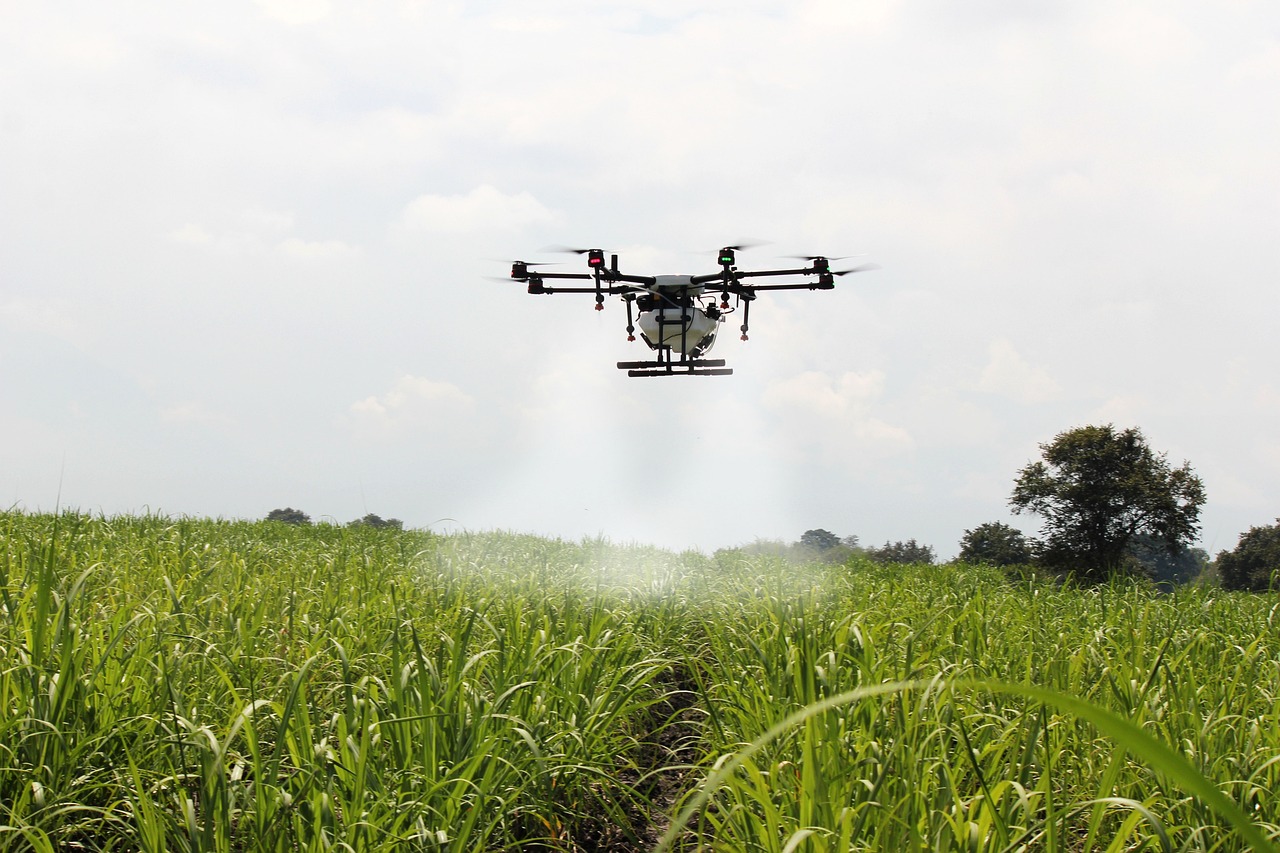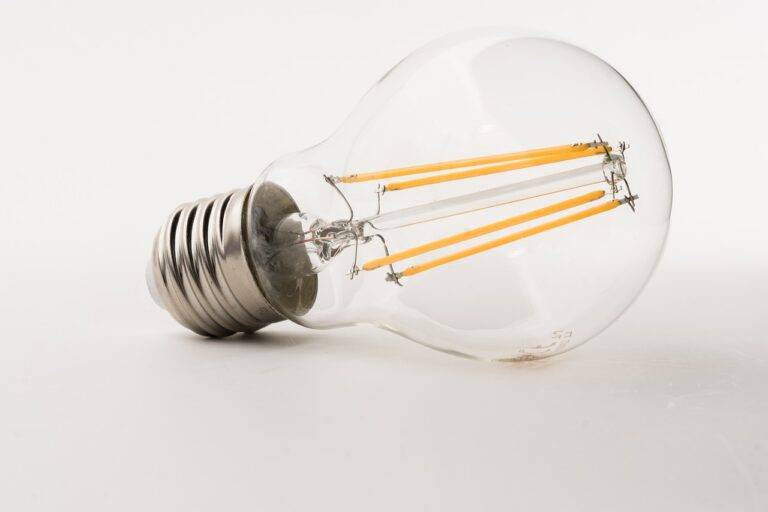The Potential of Blockchain in Fighting Counterfeit Products
Blockchain technology, a decentralized and secure way of storing information, has made a significant impact across various industries globally. It operates on a distributed ledger system, ensuring transparency and immutability in transactions. One of the key features of blockchain is its ability to create a tamper-proof record of transactions, making it an ideal tool for enhancing trust and accountability in the digital world.
Moreover, blockchain technology allows for the verification of data without the need for a central authority or intermediary. This eliminates the risk of a single point of failure and reduces the chances of manipulation or fraud. By providing a decentralized platform for secure transactions, blockchain has the potential to revolutionize numerous sectors, including finance, supply chain, healthcare, and more.
Understanding Counterfeit Products
Counterfeit products are imitation goods that are made to look like genuine products, often with the intention of deceiving consumers into believing they are purchasing the real thing. These items are designed to mimic the appearance, packaging, and branding of authentic products, making it difficult for the average consumer to distinguish between what is real and what is fake.
Counterfeit products can pose serious risks to consumers, as they are typically of inferior quality and may not meet safety standards. From fake medications to counterfeit electronics, these products can be dangerous to use and can even result in harm to individuals. In addition to the safety concerns, the prevalence of counterfeit goods can also have a significant impact on legitimate businesses, leading to lost revenue and a damaged reputation.
Challenges in the Fight Against Counterfeits
Efforts to combat counterfeit products have encountered various obstacles, hindering the battle against illicit practices. One of the primary challenges lies in the sophistication of counterfeiters who constantly adapt their methods to evade detection. This cat-and-mouse game requires constant vigilance and innovative strategies to stay ahead of the game.
Moreover, the global nature of counterfeit operations adds another layer of complexity to the challenge. With the rise of online marketplaces and international trade, counterfeiters can easily reach consumers worldwide, making it difficult for authorities to track and shut down these illicit operations. The interconnected nature of the global economy amplifies the need for collaborative efforts between different countries and agencies to effectively tackle the issue of counterfeiting.
What is blockchain technology?
Blockchain technology is a decentralized, distributed ledger system that securely records transactions across multiple computers. It provides transparency, security, and immutability to data stored on the network.
How do counterfeits affect consumers?
Counterfeit products pose serious risks to consumers, as they are often of inferior quality and may contain harmful substances. Additionally, purchasing counterfeit goods supports illegal activities and undermines legitimate businesses.
What are some common challenges in the fight against counterfeits?
Some common challenges include the difficulty of tracking and tracing counterfeit products, the lack of international cooperation and legal frameworks, and the sophistication of counterfeiters in replicating authentic products.
How can blockchain technology help in the fight against counterfeits?
Blockchain technology can create a transparent and secure supply chain, allowing consumers and businesses to verify the authenticity of products. By recording transactions on an immutable ledger, blockchain can help prevent counterfeiting and improve trust in the marketplace.





